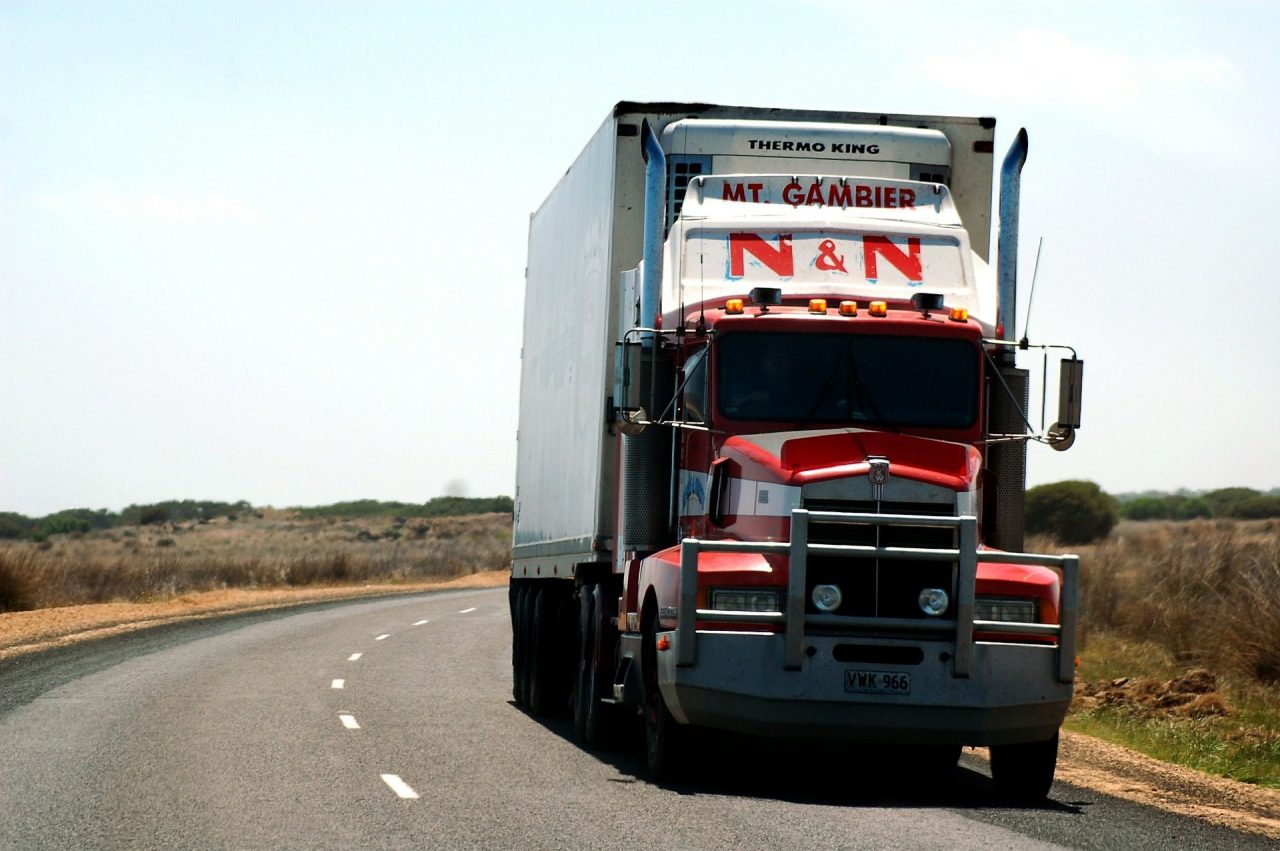So your kids are traveling on their own. Maybe they are going to see family in another state, or going to college, or having a trip to the beach or the mountains with a few friends. Here are some ways you can prepare your kids for traveling on their own.
You have probably had a role in teaching them to drive, and seeing how they do behind the wheel, so you know that they are good and courteous drivers, and can expect that the trip will be an uneventful one, as far as the driving is concerned. Even so, make sure that they have some of the basics for the “what ifs”.
Car Safety Packing List
- Cell phone
- Jumper cables
- Water
- Snacks
- Blanket
- Flashlight
- First aid kit
- Map (yes a real old fashioned map, you’d be surprised how often these help augment your GPS)
Don’t Forget to Rest
Chances are your kids have been with you on any number of trips, and have learned for themselves what they like and do not like about travel. If they like getting there without a lot of side trips, then encourage them to do that, but to make enough stops along the way that they don’t end up tired or hungry behind the wheel. A good rule of thumb is to stop for about 15 minutes after each three hour stretch of driving.

Stop to Explore
If they like stopping to see interesting things and places along the way then encourage them to do that, and make some suggestions, such as, “Did you know that the restaurant that claims to have invented fried pickles is right on your route?” They may or may not take up your suggestions, but then again, they may. If they do, they will let you know if the stop was worth it or not.
Plan Ahead
Either way, help them plan ahead. Try to find out if there is some unusual construction planned along their route. Look for the places of interest that may provide a good place for a rest stop. Remind them that most routes do have an alternate route that will also get them where they want to be, if they get hung up by some traffic snarls. Ask them to let you know if they vary their planned route of travel.
Have Back-Up Plans
If the drive is a particularly long one, you might also remind them of friends or family who live along their route – even if they do not plan to visit them, they may feel a bit more secure in the drive knowing that a friendly face is not too far away.
Be Available
Be reachable by text and phone while they are driving. Remind them not to text while driving—in most states it is now illegal, and in any state it is unsafe. Send them a message when you figure they are stopped, asking how it is going. Don’t hover, but be available. And be glad that you have encouraged a love of travel in them; it is a joy that will last a lifetime.











